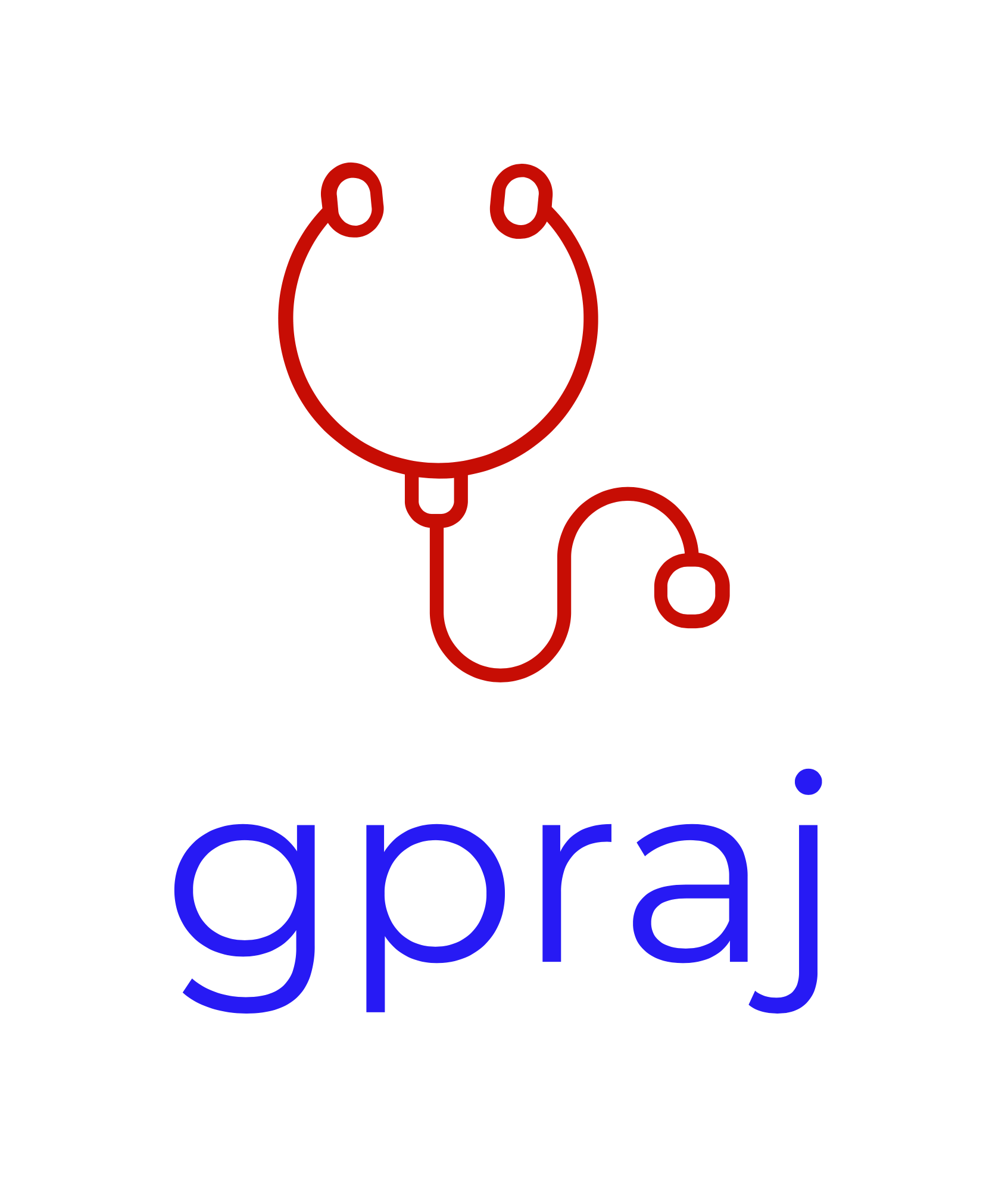A five-year framework for GP contract reform to implement The NHS Long Term Plan
In January 2019, NHS England and GPC (BMA’s General Practitioners Committee) agreed a five-year GP (General Medical Services) contract framework from 2019/20 in order to translate commitments made in The NHS Long Term Plan.
The NHS Long Term Plan set out the case for enhanced primary medical and community care, backed by an extra £4.5bn a year by 2023/24.
The new contract framework ensures general practice plays a leading role in every Primary Care Network (PCN) and closer working between networks and their Integrated Care System.
1.Establish primary care networks
A PCN contract will be introduced from 1 July 2019 as a Directed Enhanced Service (DES).
Funding and responsibility for providing the current CCG-commissioned enhanced access services transfers to the Network Contract DES by April 2021.
By 2023/24, the PCN contract is expected to invest £1.799 billion, or £1.47 million per typical network covering 50,000 people
Each network must have a named accountable Clinical Director and a Network Agreement setting out the collaboration between its members
PCNs will employ clinical pharmacists, physiotherapists, community paramedics, physician associates and social prescribing link workers.
Practices will continue to fund all other staff groups including GPs and nurses in the normal way through the core practice contract.
With a larger team of health professionals, PCNs will help deliver 7 specifications set out in NHS Long Term plan:
Medication reviews
Care homes support
Personalised care
Anticipatory care
Supporting early cancer diagnosis
CVD detection
Local action to tackle neighbourhood level inequalities
Available by 2020, a new Network Dashboard will set out progress on network metrics, covering population health, urgent and anticipatory care, prescribing and hospital use.
A new shared savings scheme for PCNs (Network Investment and Impact Fund) so GPs benefit from their work to reduce:
avoidable A&E attendances
emergency admissions
delayed hospital discharges
avoidable outpatient visits
over-medication through a pharmacy review
Extra access funding of £30 million a year will expand extended hours provision across PCNs and from 2019 see GP practices taking same-day bookings direct from NHS 111 when clinically appropriate
2. State-backed indemnity scheme
A new state backed indemnity scheme (Clinical Negligence Scheme for General Practice) will start from April 2019 for all general practice staff including out-of-hours.
3. Reform to QOF and introduction of Quality Improvement Modules
Improvements to Quality and Outcomes Framework (QOF) indicators for:
diabetes
blood pressure control
cervical screening
heart failure
asthma
COPD
mental health
Introduction of quality improvement modules for prescribing safety and end of life care
4. Improvements on digital, access and connectivity to NHS 111
All patients will have the right to digital-first primary care, including web and video consultations by 2021.
All practices will be offering repeat prescriptions electronically from April 2019 and patients will have digital access to their full records from 2020.
5. Primary Care Fellowship Scheme
A new primary care voluntary two-year Fellowship Scheme will be introduced for newly qualifying nurses and GPs, as well as Training Hubs.
